The Ad Hoc Committee for Health Equity Attendance at the UN and WHO in Geneva – Report
The Ad hoc Committee represented stakeholders from the Asia Pacific region, Africa, North America & Eastern, Western & Northern Europe. Members include scientific, medical & human rights experts. Many have worked on borreliosis for two and three decades & among them have many hundreds of peer-reviewed publications & studies. They serve as clinicians & professors across numerous well respected academic & research centres.
UN meeting:
Ad Hoc Committee met the Special Rapporteur – Prof. Dainius Puras, special interest in psychiatry and pediatrics. Special Rapporteurs (SR) are independent experts appointed by human rights council to examine and report back on a country situation or a specific human rights theme. This position is honorary and the expert is not a staff of UN nor is he/she paid for their work.
Dr. Puras’s mandate is the “human right of everyone to the enjoyment of the highest attainable standard of physical and mental health”.
“The right to health is a broad concept that can be broken down into more specific entitlements such as the rights to: maternal, child and reproductive health; healthy workplace and natural environments; the prevention, treatment and control of diseases, including access to essential medicines; access to safe and potable water”.
A power point presentation on the inequity of ICD11 codes for Borreliosis relative to other diseases like syphilis or Chagas disease was presented to Dr. Puras and his assistant. The message was that current ICD code inequity obstructs access to medical care for persistent complications of Borreliosis. Inequity overall prevent treatment of serious complications of Borreliosis. Dr Puras was interested and he outlined ways he could be engaged. The SR and his team undertake a wide variety of activities including visiting countries for thematic reviews (such as violations against a patient group) responding to individual complaints, conducting studies, providing advice on technical cooperation, and engaging in promotional activities. We asked the SR to request WHO provide him a written explanation as to why they are treating Borreiosis differently than other diseases in their coding symptoms. We will continue the dialogue to further influence political openings for human rights violations against those living with Borreliosis. His team leader indicated that she would amplify our message. These responses indicate that the Ad Hoc committee is recognised as a legitimate lobbyist.
There is also a possibility that the Ad Hoc Committee may be able to meet with the newly appointed head of WHO, Dr. Tedros Adhanom Ghebreysus, in a few months – he will assume his post shortly.
Dr. Ian Smith is the current deputy director of WHO. Dr. Smith was communicated with regarding the inequity of ICD codes for Borreliosis. He replied that they were equal and suggested the Ad Hoc committee submit updates of ICD codes to the beta platform of WHO website. All the submissions were rejected with spurious reasons that were not applied to other proposals on other diseases.
WHO Meeting:
Dr.Shekra Saxena, a psychiatrist is Director of Dept. of mental health and substance abuse. His current responsibility is to implement the WHO comprehensive Mental Health Action plan 2013-2020. His current mandate is dementia. He has recently launched Global Action Plan on Dementia (Feb 2017). The aim is to reduce the burden of dementia globally. He is concerned that the psychological symptoms of dementia are currently ignored. Prevention, treatment and care services are his focus.
The Ad Hoc Committee met with Dr. Saxena, and Dr. Dua, his assistant. Dr. Saxena and Dua were presented how Borreliosis can contribute to the burden of dementia and how diagnosis and treatment can prevent dementia. Clinical and scientific evidence were put forward and supporting documentation was provided. The meeting was more of an information exchange and relationship building. Dr. Saxena stated that he would like to be provided with more scientific evidence of the increasing contribution of Borreliosis to dementia. The dialogue was initiated and will continue to build a relationship.
During the time between meeting Prof Pura and Dr. Saxena, Committee members tried to secure meetings with delegates from the embassies of Netherlands, Czech Republic, Canada, and Sweden. The Netherlands embassy attaché was very attentive and advised us that she would contact her colleagues in other UN departments to raise the issue of inequity in health. The delegate from the Czech Republic was helpful and provided many useful ideas to promote our agenda. The appropriate representative for Nigeria was not in town, but another representative showed supported. Canada confirmed receipt of the information packaged left at the embassy and Sweden never responded. Ad Hoc Committee representative will follow up with further communications in their home country.
To summarize:
- we are now established as credible stakeholders in diplomatic and UN venues
- the two meetings have opened up dialogue with UN and WHO with regards to human rights violations of sufferers of Borreliosis which will enable for the dialogue to continue and enable relationship building;
- the Ad Hoc Committee’s lobbying capacity and influence should grow;
- the international scope and strategy appears to be effective in gaining broad support among a variety of stakeholders;
- we have established access to powerful ally – the Special Rapporteur – who may help us move the agenda;
- we may have access to the New WHO Director General and increasing support from UN officials who have friends and family suffering from Borreliosis.
Mualla McManus.B.Pharm PhD, MBA

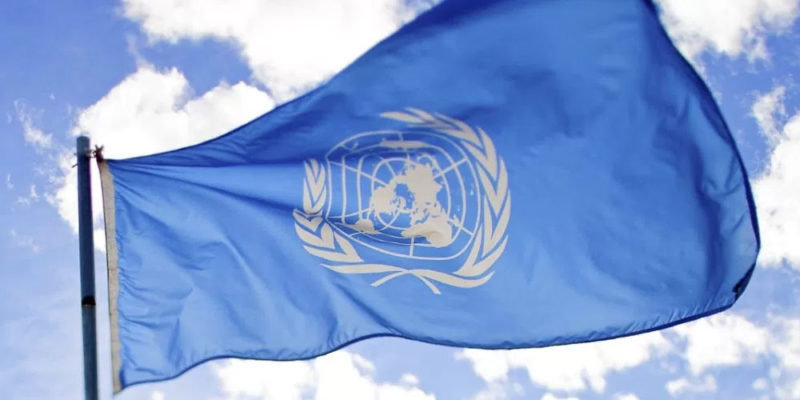
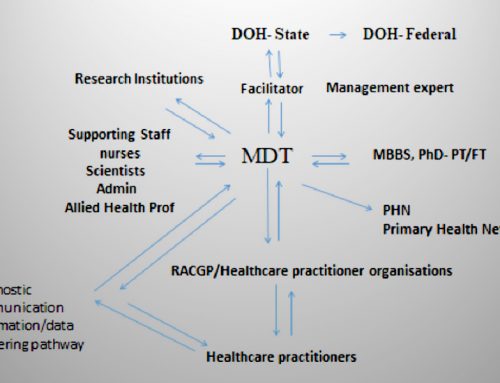
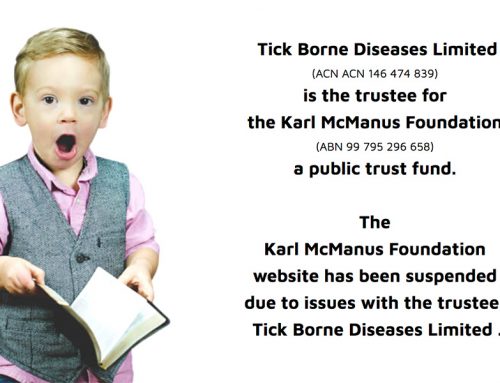
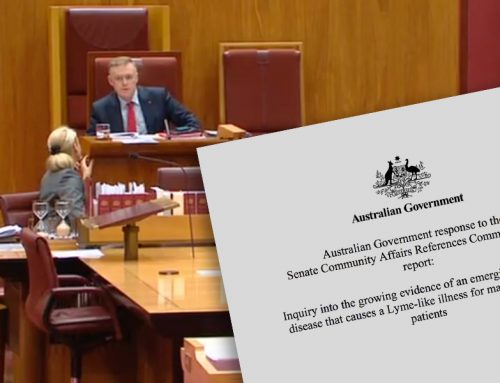
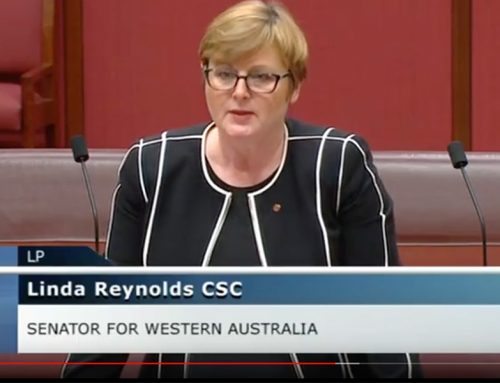
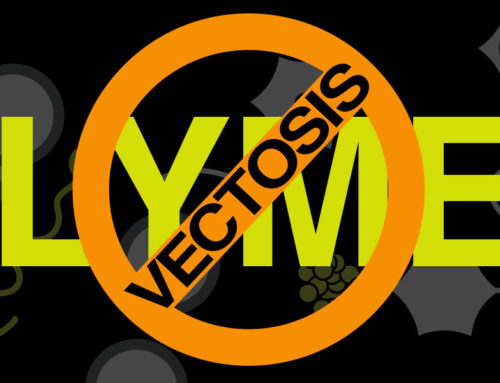
Hello
I am Dr. med. Ursula Talib – Benz, a psychiatric Doctor in Switzerland and wish to join your Committee as I urgenly have to report to the WHO about what I see about Lyme Disease (LD) in my psychiatric Doctor’s Office:
– a huge and scary dissemination of LD
– many cases of LD connata, meaning that the symptoms go back until early childhood. Their brothers and sisters as the parents show regularly symptoms of LD too. The rare ones that make labtests too, are mostly tested positiv for LD.
– The patients with LD connata very often are invalid and suffering since decades.
– If the sexual partner is tested too, he or she is mostly also tested positiv for LD.
– We have to look urgently and were fast at such circomstances as it is very important for the therapy (reinfection through the partner), for the prevention and reduction of this pandemic
plague.
My important findings are collected in two short reports:
– Chronische Borreliose – Meldung aus der Praxis, 2014 (LD – report from the doctor’s office)
– Dringende Maßnahmen gegen die chronische Borreliose, 2014 (Urgent actions against LD)
and in a small lecture:
– Zwischenmenschliche Übertragung von Lyme Borreliose, 2017.
I wish I could send them to you in English, but untill today, they are only in German.
Thank you for taking my alarming words for serious.
Ursula Talib – Benz
Mualla let me know if you want me to translate Dr Talib’s papers.
Monika
I was diagnosed a year and a half ago with Lyme disease after three months of flu-like symptoms and severe knee and foot pain. Finally, after several tests and an expensive MRI, I was diagnosed. I was put on doxycycline and had a severe reaction to that, so then they put me on a different medication. My pain still didn’t go away for good. I still had bouts of pain and fatigue that last weeks. I was seeking something to help regain my life to be able to do things for myself. Through my primary physician i learnt about a Lyme disease herbal formula from NATURAL HERBAL GARDENS and their success rate with the treatment, i immediately started on the Lyme disease herbal protocol, I am glad to report the herbal formula worked effectively and there was no side effects, I had a total decline in symptoms, the pains, chronic fatigue and other symptoms stopped, my Lyme disease is totally REVERSED, Here is a link to the website we ordered from ww w.naturalherbalgardens.c om This Herbal Protocol is Incredible!!